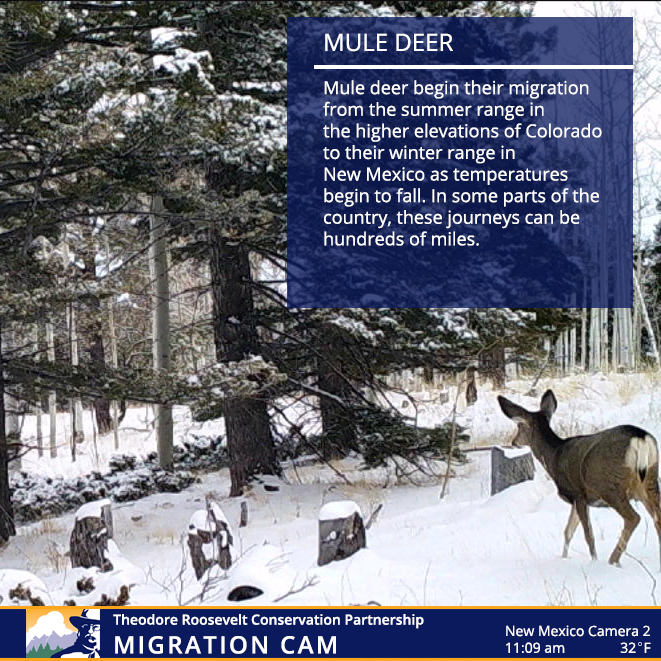Industrial fishing giant strikes out twice as it breaks the rules in the Chesapeake Bay
U.S. Secretary of Commerce Wilbur Ross today issued a decision cracking down on overfishing in the Chesapeake Bay and paving the way for better management of the menhaden fishery.
Ross found the state of Virginia out of compliance after foreign-owned Omega Protein willfully violated the fishing cap on menhaden, a key food source for striped bass, in the Chesapeake Bay.
“Secretary Ross made the right move in standing with recreational fishermen,” said Whit Fosburgh, president and CEO of the Theodore Roosevelt Conservation Partnership. “Reduction fishing for menhaden threatens the livelihoods of thousands of hard-working fishing guides and tackle shop owners and impacts everything from striped bass to whales. Today’s decision holds Omega accountable and sets the stage for improved management of this important forage fish.”
“U.S. Commerce Secretary Ross’ decision to hold Omega Protein accountable for their actions demonstrates clear conservation leadership to the sportfishing and boating industry and anglers along the Atlantic Coast,” said Glenn Hughes, president of the American Sportfishing Association. “This decision comes at a critical time because menhaden’s top predator, Atlantic striped bass, is currently in poor condition and the Chesapeake Bay is the primary spawning and nursery area for the species. We thank Secretary Ross for recognizing the value menhaden brings to the recreational fishing community and America’s outdoor recreational economy.”
“The ASMFC’s Policy Board has some of the finest fishery managers in the country on it and they unanimously found Virginia out of compliance with the Menhaden Fishery Management Plan. Upholding the ASMFC’s non-compliance finding for Virginia was simply the right thing to do,” said David Sikorski, executive director of Coastal Conservation Association Maryland. “We applaud Secretary Ross for defending both the management system and the forage base in the Chesapeake Bay.”
Since October, tens of thousands of recreational anglers, dozens of business and organizations, and nine Governors along the east coast, including Virginia Governor Ralph Northam, have all requested that the Secretary take action on this issue.
According to a recent scientific study, menhaden reduction fishing contributes to a nearly 30 percent decline in striped bass numbers. The striped bass fishing industry contributes $7.8 billion in GDP to the economy along the Atlantic coast.
Photo by Courtesy of John McMurray.









About time. Congratulations to all involved.
Hats off to TRCP for working with the appropriate federal agencies to hold Omega accountable and reign in the unlawful overfishing of menhaden, so desperately needed by our beloved striped bass. Keep up the good work!
Glad to hear the action is being taken. Is there going to be a long-term change that will lead to improvements in Striped Bass (and other) populations? Or, will the guilty party just pay a fine as a cost of doing business and continue with it’s same unsustainable practices?
I have been involved in Mississippi where Omega calls home. A Canadian Company taking all of the fish. 300 Million pounds out of State waters of Mississippi. hundreds of species are suffering from malnutrition or their species is in collapse. Omega is a monster, secretive, distructive fishery. Thanks TRCS and all involved. If I can help please ask. I have 5 years of study and investigation of these criminals. Omega Protein is responsible for the collapse of all the fisheries on the Atlantic and Gulf of Mexico. They must be stopped or we will never have a recovery.